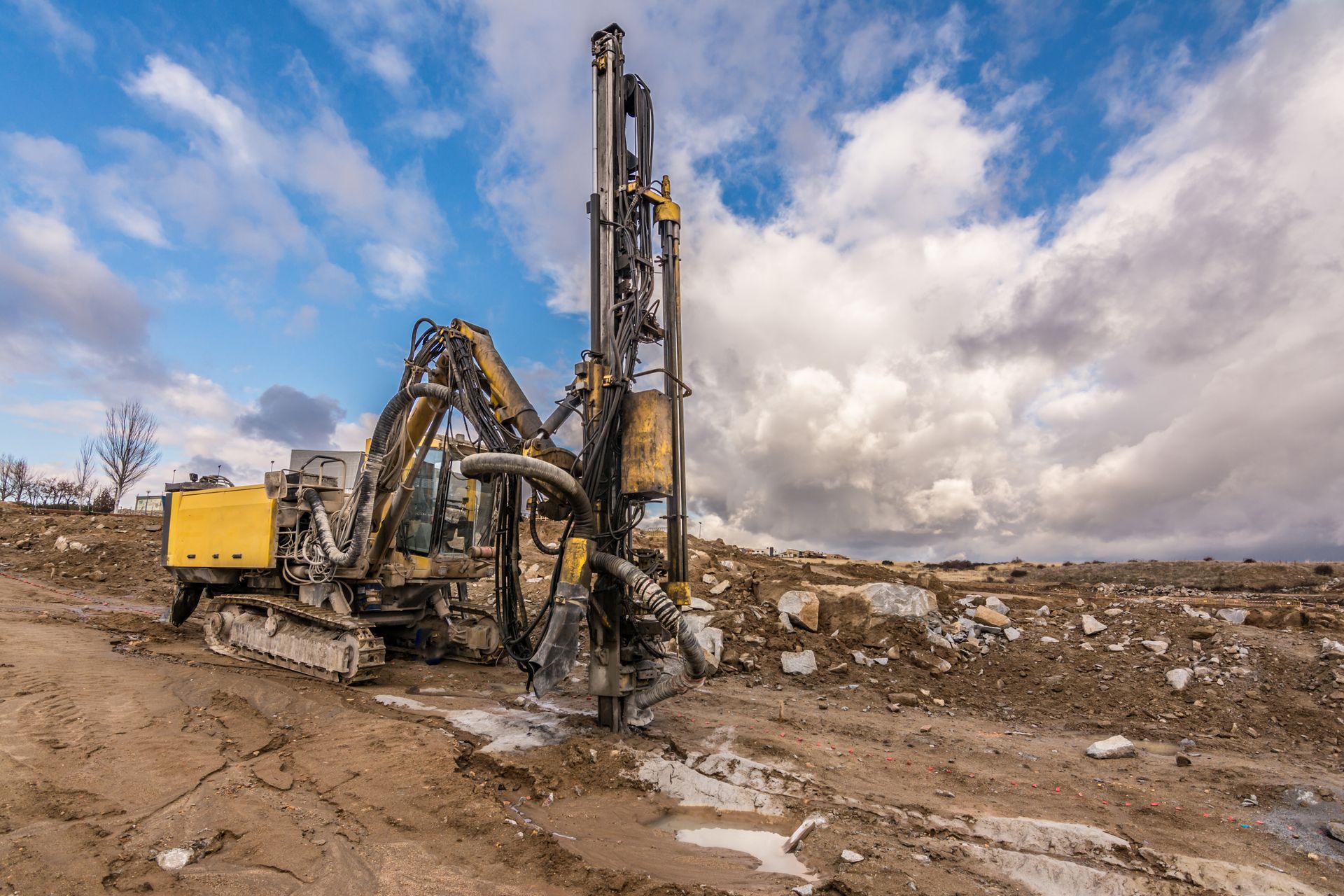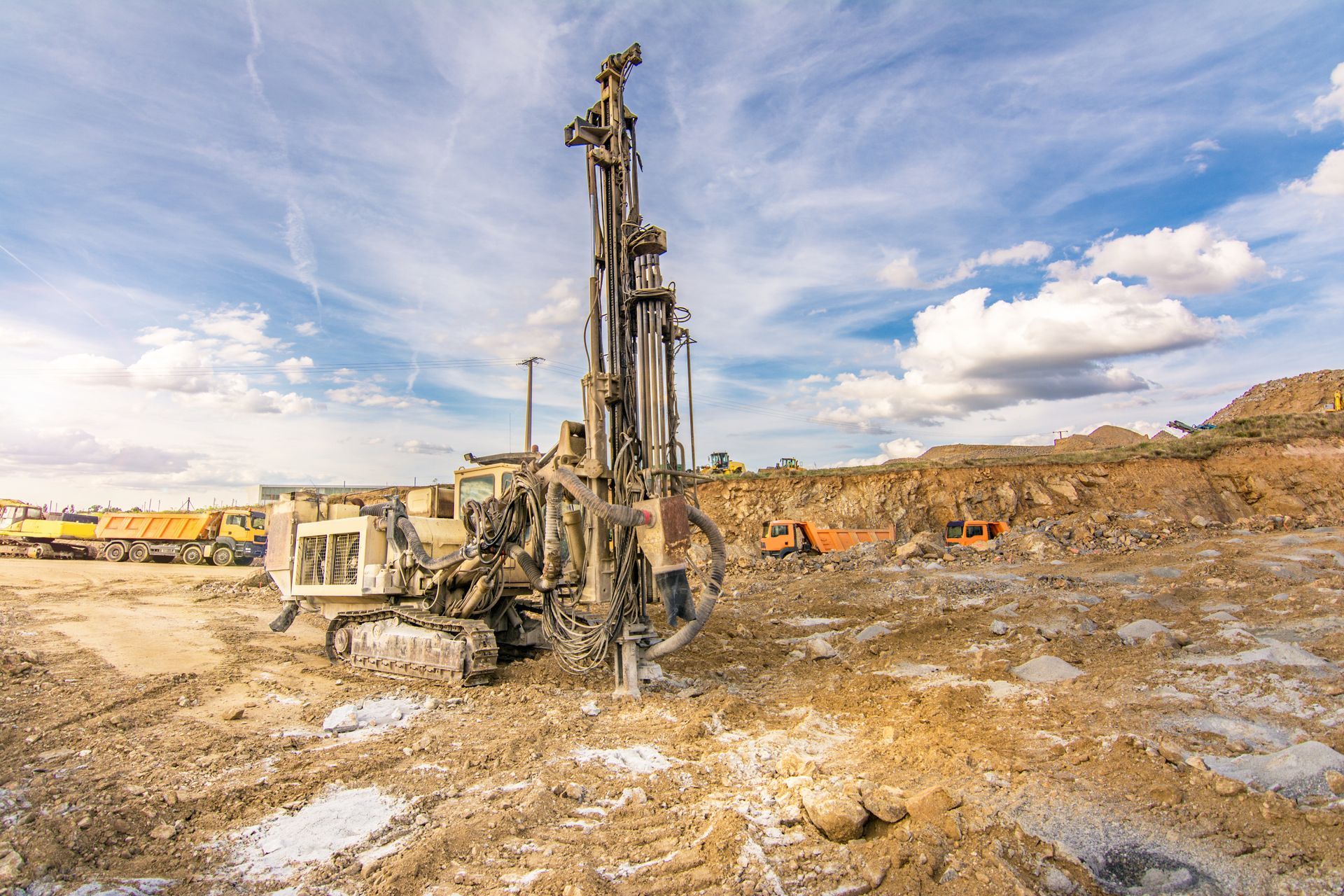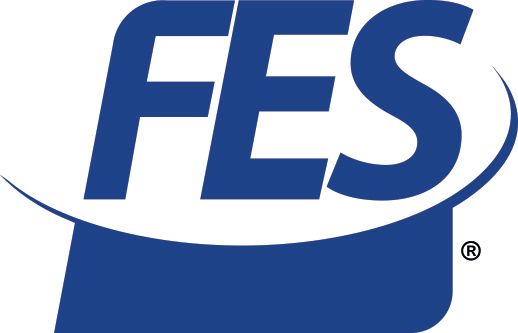Slope Stability Analysis and Remediation: Safeguarding Your Construction Project in Washington, DC
In construction, ensuring the stability of slopes is a critical component in preventing landslides, structural damage, and costly delays. Slope stability analysis is the process of determining and managing the potential failure of slopes, while remediation involves correcting any instability. At Awar Group Companies, Inc., we specialize in slope stability analysis and remediation, offering innovative solutions to protect your construction site and surrounding environment. In this blog post, we’ll explore the importance of slope stability, the factors influencing it, and how our expert team in Washington, DC, can help you mitigate risks.
Understanding Slope Stability Analysis
Slope stability analysis is a geotechnical process that evaluates the safety of natural and man-made slopes, determining the likelihood of slope failure due to factors such as soil composition, groundwater conditions, and external loading. At Awar Group Companies, Inc., we utilize advanced techniques like numerical modeling, limit equilibrium methods, and field data collection to assess slope stability.
The key objective of slope stability analysis is to identify the conditions under which a slope might fail and to design a strategy that ensures long-term stability. Failure can occur due to excessive rainfall, earthquakes, human activities (such as excavation), or simply due to the inherent geological composition of the slope. By conducting thorough investigations and leveraging cutting-edge technology, we provide detailed reports that highlight potential hazards and propose effective remediation strategies.
Common Causes of Slope Instability
Slope instability is often the result of several interconnected factors. Understanding these causes is vital for developing effective mitigation strategies:
- Soil Type and Composition: Certain soils, such as clay, are more prone to sliding due to their poor drainage capabilities. Sand and gravel, while better draining, may be less cohesive and prone to erosion.
- Water Infiltration: Groundwater and surface water play significant roles in slope stability. Excessive water reduces soil strength, leading to slope failure through erosion or liquefaction.
- Seismic Activity: In areas prone to earthquakes, ground shaking can destabilize slopes by weakening the soil structure.
- Human Activity: Excavation, loading from structures, and deforestation are all human activities that can disrupt the natural balance of a slope, leading to instability.
At Awar Group Companies, Inc., we account for these factors by using a combination of geotechnical investigations, soil sampling, and monitoring tools to design slope stabilization measures tailored to your specific site conditions.
Slope Remediation Techniques
When a slope is deemed unstable, it’s essential to implement remediation measures to ensure the safety of the site and prevent potential damage to structures. There are several methods for slope remediation, and the choice of technique depends on the severity of the instability, the type of soil, and the site’s unique conditions. Some of the most common remediation techniques include:
- Retaining Walls: Constructing retaining walls made of concrete, steel, or stone can help stabilize slopes by holding back soil and preventing it from sliding.
- Soil Nailing: This technique involves inserting steel or fiberglass rods into the slope to provide additional support. Soil nails are driven into the slope at regular intervals, forming a retaining structure.
- Drainage Solutions: Managing water flow is critical to maintaining slope stability. Installing drainage systems, such as horizontal drains or surface water diversions, can reduce water infiltration and prevent soil saturation.
- Regrading and Terracing: Regrading involves adjusting the slope's inclination to improve its stability. Terracing, on the other hand, involves creating a series of steps or terraces on a slope to reduce the pressure of the soil and enhance stability.
- Vegetative Cover: Planting vegetation with deep root systems can help to bind the soil and reduce the risk of erosion.
Each of these techniques can be customized to your project’s specific needs. Awar Group Companies, Inc. provides comprehensive slope remediation services, ensuring that your site remains safe and secure.
The Importance of Regular Slope Monitoring
Even after remediation, slope monitoring is a vital component in maintaining long-term stability. Regular monitoring can detect early signs of movement or instability, allowing for timely intervention before serious issues arise. At Awar Group Companies, Inc., we employ a range of monitoring tools and techniques, such as:
- Inclinometers: Devices that measure slope movement over time.
- Piezometers: Instruments used to monitor water pressure in soil.
- Geotechnical Sensors: These sensors detect changes in stress, strain, and displacement within a slope.
Our team offers continuous monitoring services to ensure your slope remains stable and that any emerging issues are addressed promptly. We also provide real-time data analysis, allowing for quick and effective decision-making.
Why Choose Awar Group Companies, Inc. for Slope Stability Solutions?
With years of experience in geotechnical engineering, Awar Group Companies, Inc. is the trusted partner for slope stability analysis and remediation in Washington, DC. Here’s why clients choose us:
- Expertise: Our team of geotechnical specialists uses the latest technology and engineering practices to analyze and stabilize slopes.
- Tailored Solutions: We understand that every site is unique, which is why we offer customized remediation strategies that address your specific needs.
- Safety First: Slope stability is crucial to protecting your investment and the environment. We prioritize safety in all of our projects, ensuring that every solution is designed to meet the highest standards.
- Comprehensive Services: From initial analysis and design to remediation and long-term monitoring, Awar Group Companies, Inc. provides end-to-end geotechnical solutions.
Whether you're dealing with an existing slope issue or planning a new project, our team is here to help you every step of the way.
Contact Us Today for Slope Stability Solutions in Washington, DC
If you’re facing slope stability concerns or need professional remediation services, look no further than
Awar Group Companies, Inc. in Washington, DC. Our team of geotechnical specialists is ready to assess your site, recommend solutions, and ensure the long-term stability of your project. Call us today at
(757) 287-1737 to schedule a consultation and learn more about how we can assist you whether you need
slope stabilization,
drainage improvements, or
excavation support.
FAQ
What is slope stability analysis?
Slope stability analysis is a geotechnical assessment that evaluates the potential for a slope to fail due to factors like soil composition, groundwater levels, and external loads. This analysis helps engineers design strategies to prevent landslides and other slope-related failures.
What causes slope instability?
Slope instability can be caused by several factors, including poor soil composition, water infiltration, seismic activity, and human interventions such as excavation or deforestation. A combination of these factors often leads to slope failure.
How do you determine which slope remediation technique to use?
The choice of slope remediation technique depends on several factors, including the type of soil, the degree of instability, and site-specific conditions. Common techniques include retaining walls, soil nailing, drainage systems, and regrading. At Awar Group Companies, Inc., we customize remediation plans to fit your site’s unique needs.
Can vegetation help stabilize a slope?
Yes, vegetation can play a significant role in slope stabilization. Plants with deep root systems can help bind the soil, reduce erosion, and improve overall slope stability. However, vegetation alone may not be sufficient for larger or more complex slope issues.
How often should I monitor my slope after remediation?
Slope monitoring should be conducted regularly, especially after significant weather events such as heavy rain or earthquakes. At Awar Group Companies, Inc., we offer ongoing monitoring services to ensure that your slope remains stable and that any potential issues are identified early.
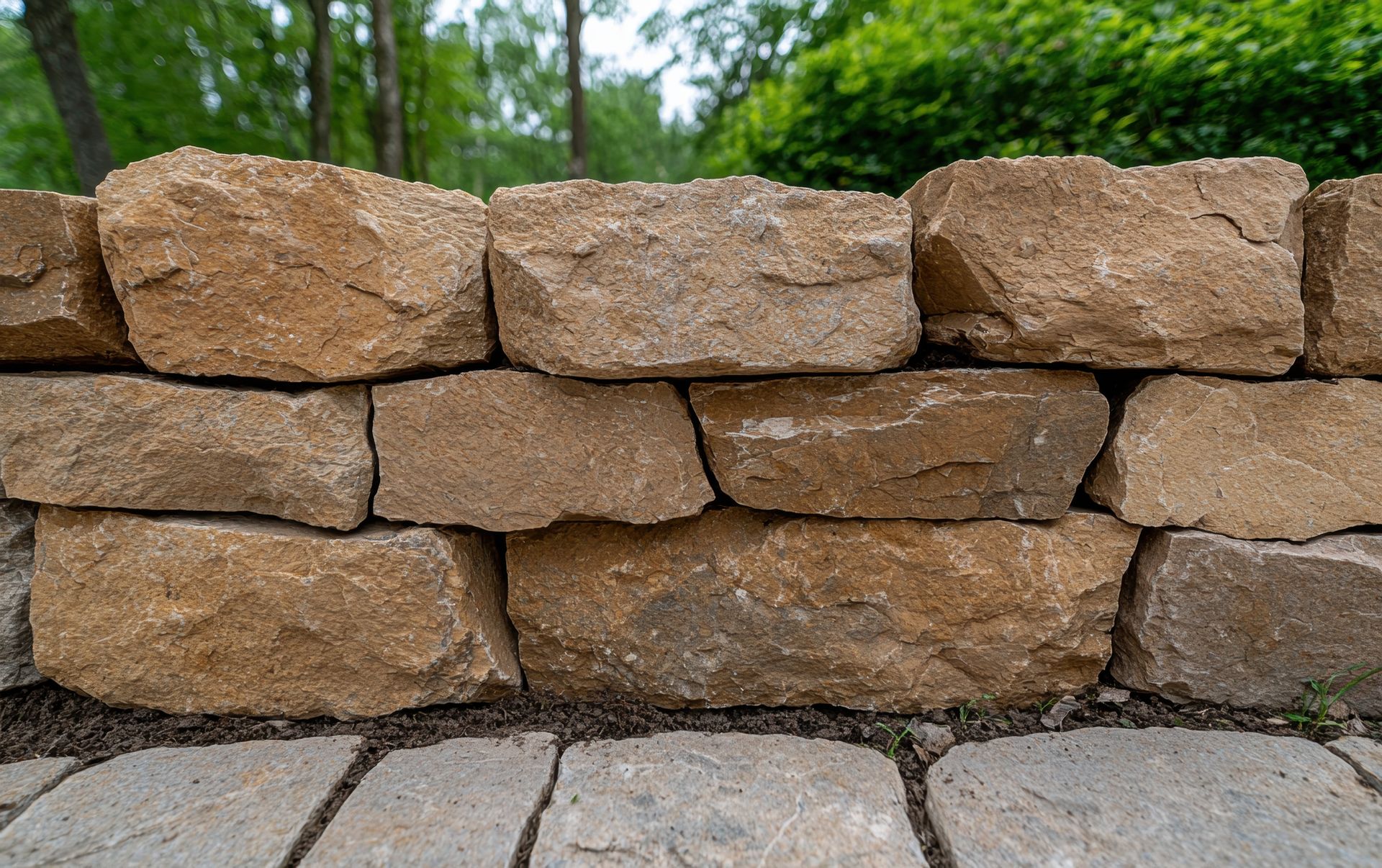
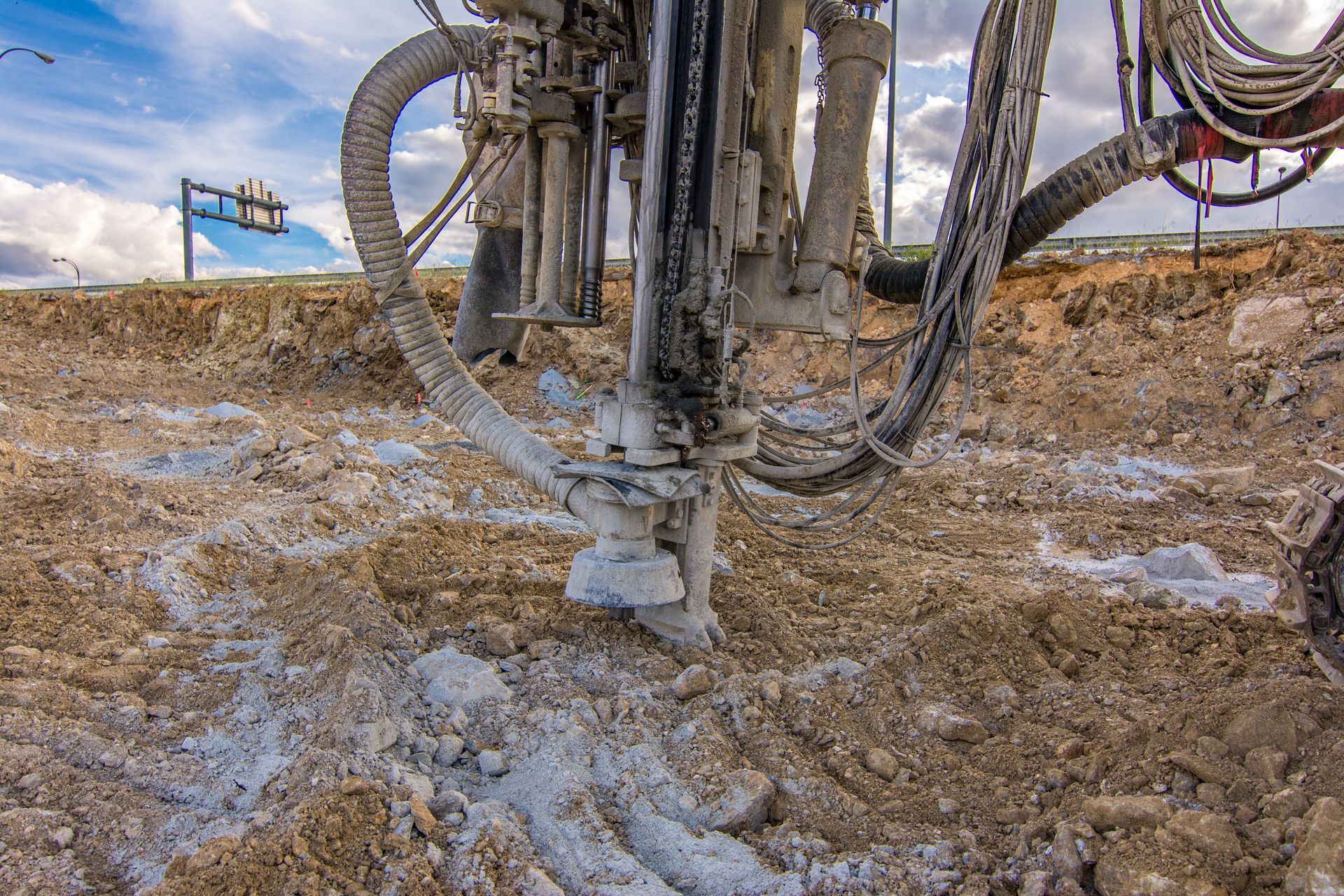
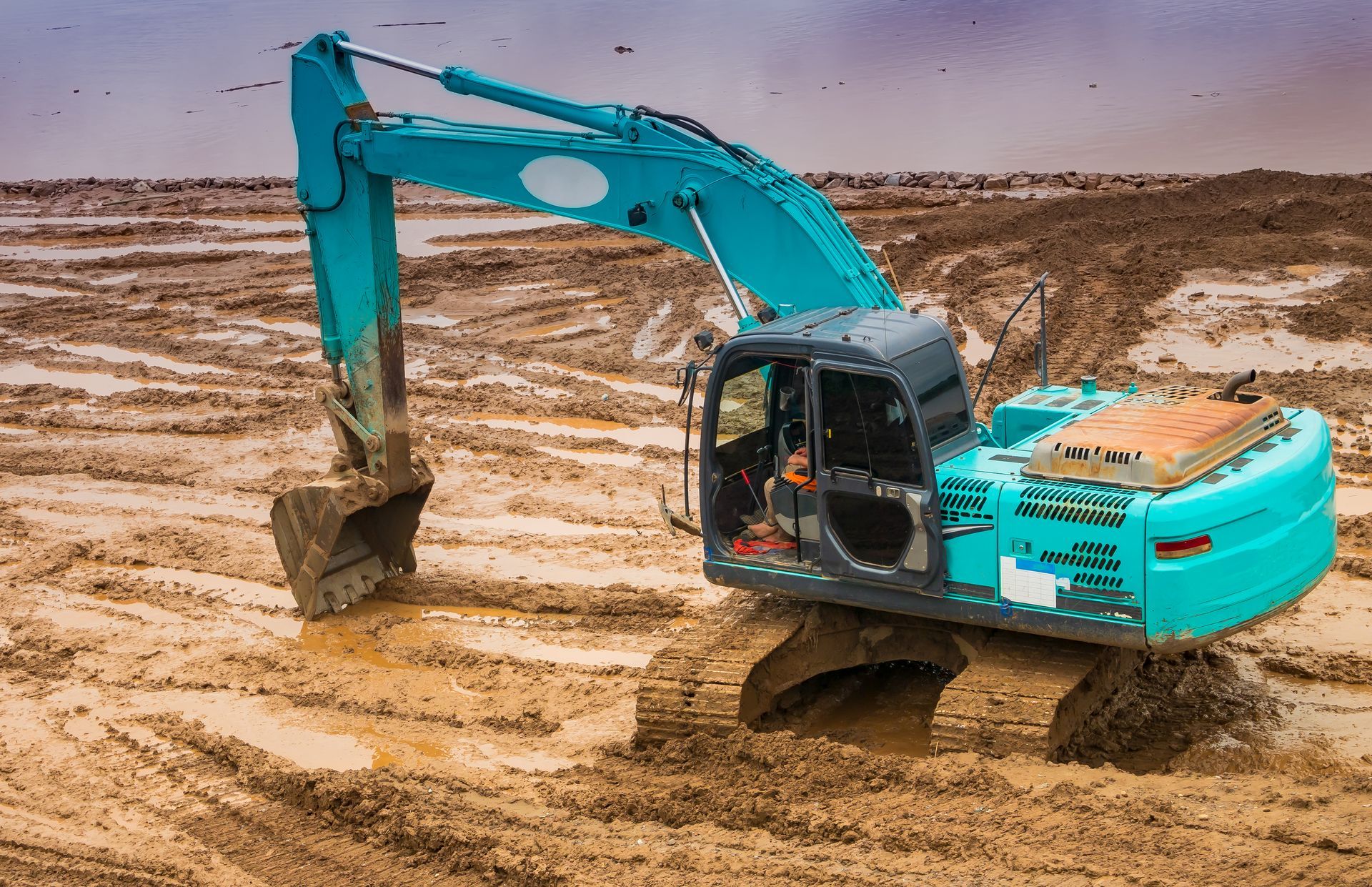
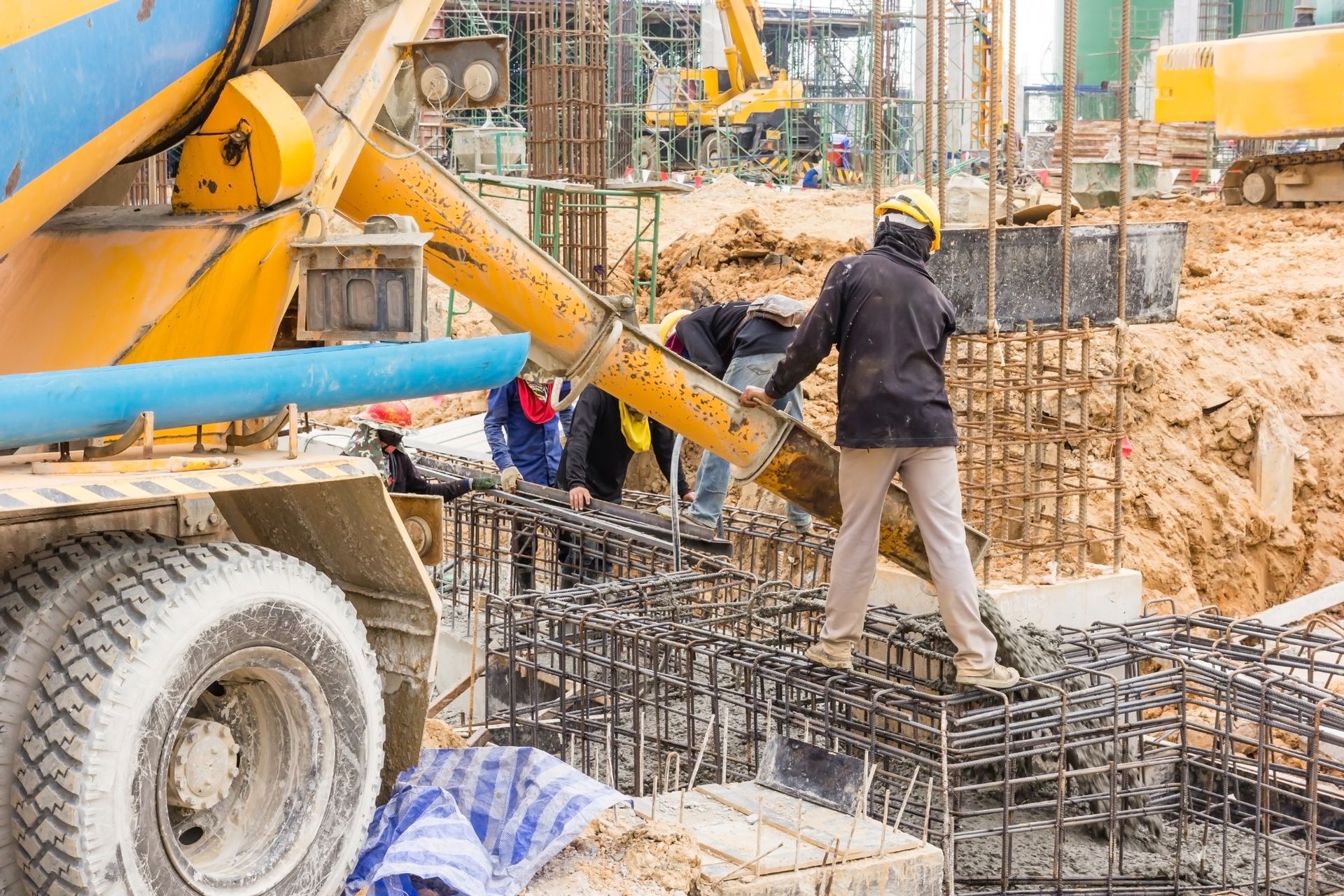
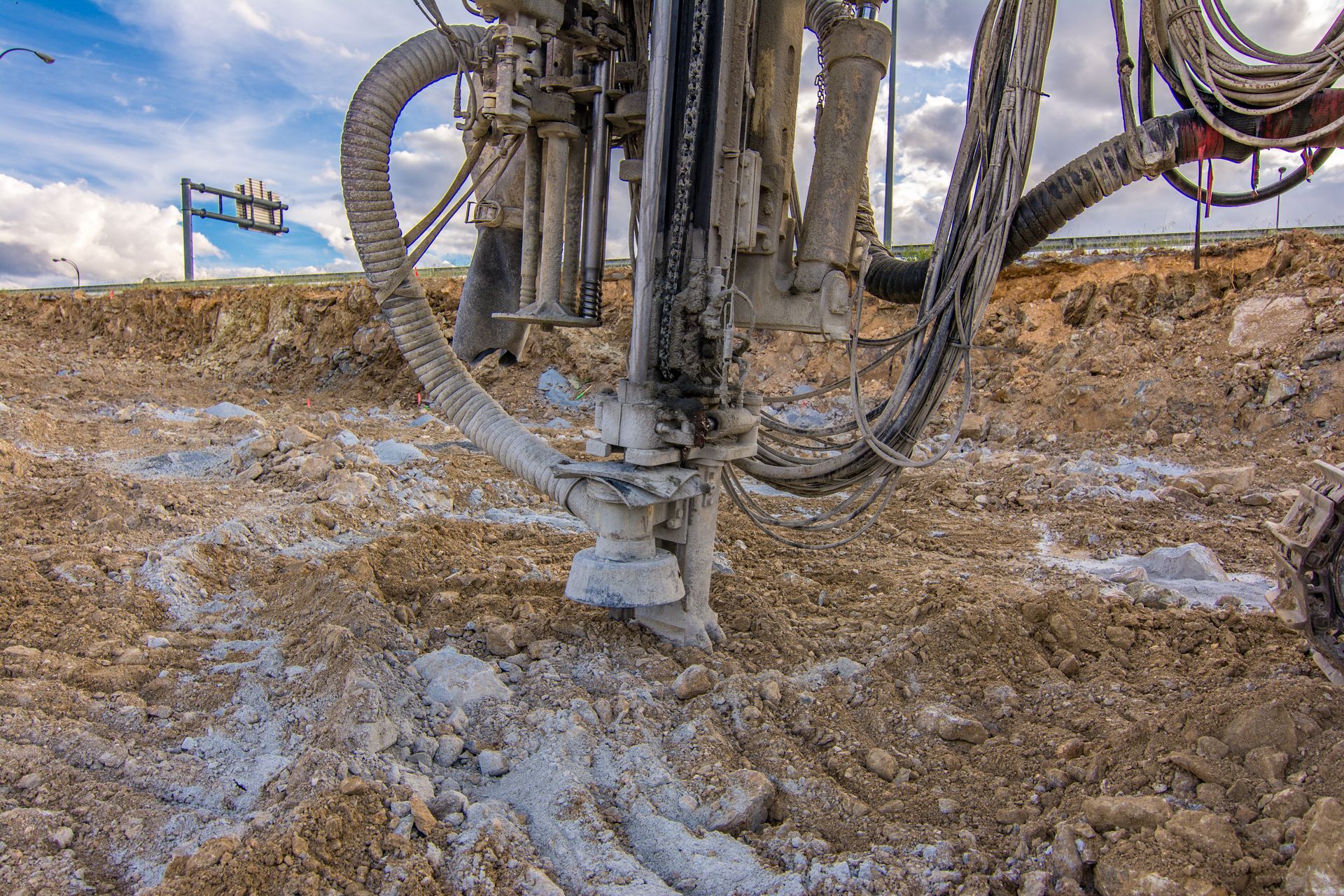
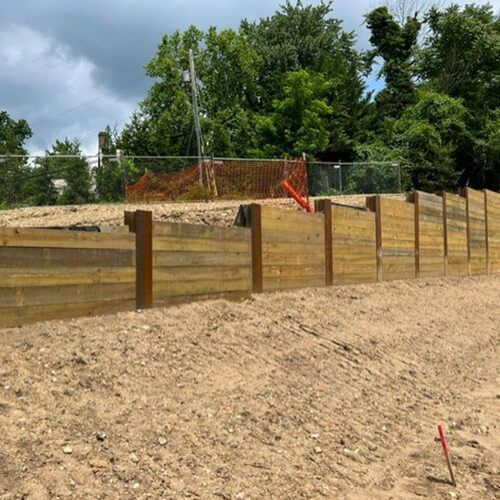
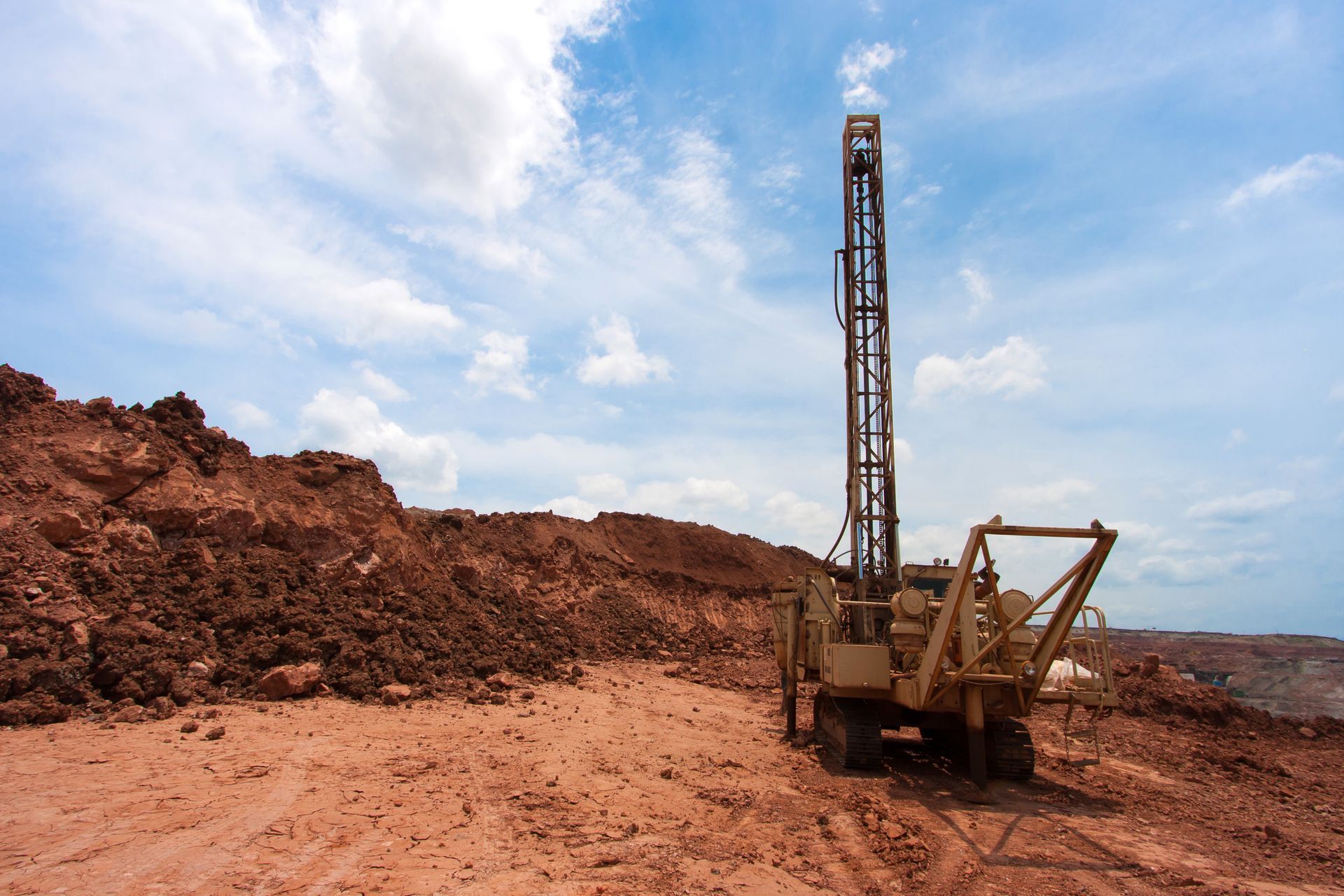
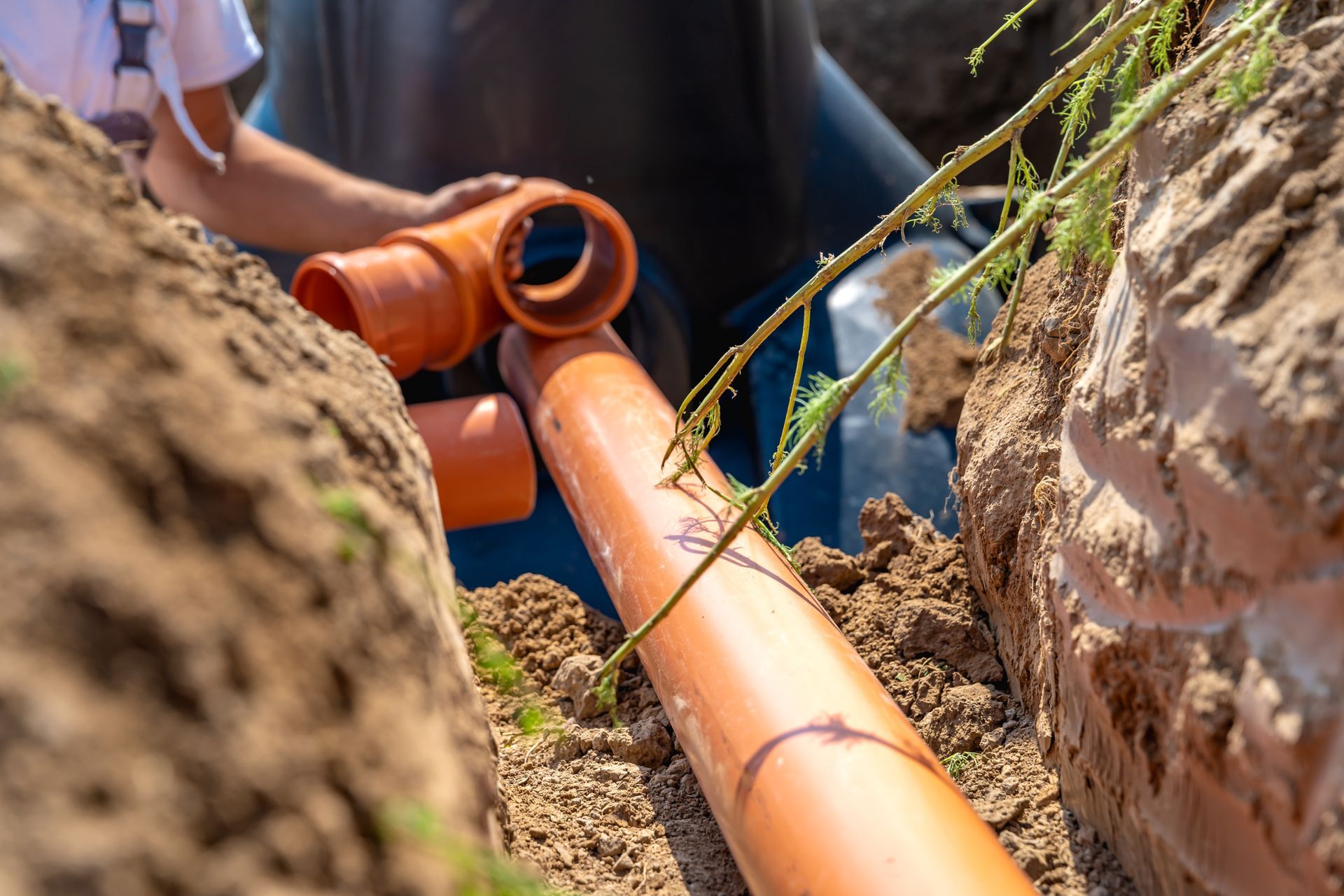
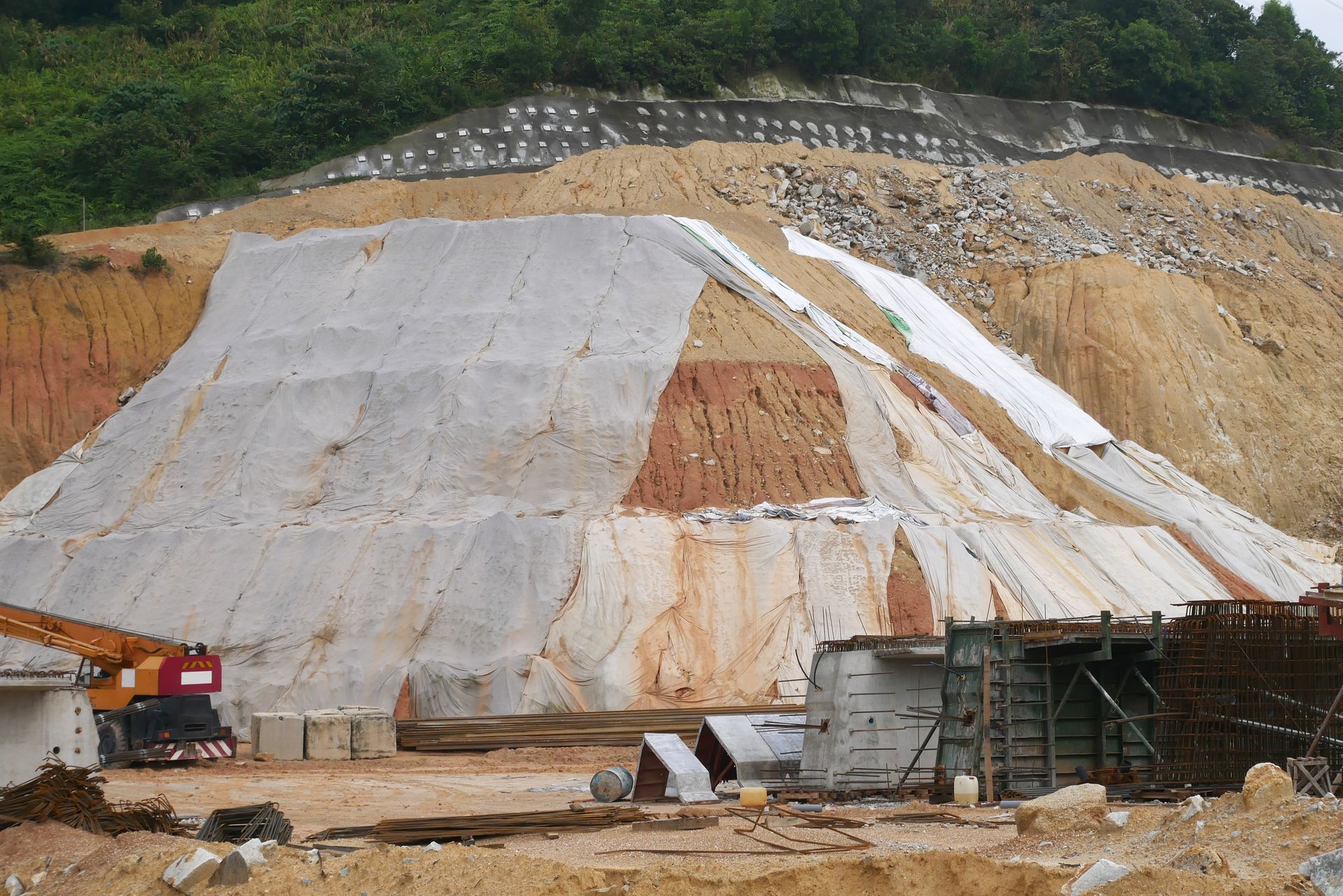
Awar Group Companies, Inc.
319 Main Street, Suite 300
Laurel, MD 20707 USA
800 Village Square Crossings
Palm Beach Gardens, FL 33140
CONTACT INFO
PAYMENT METHODS
We Also Accept ACH
NAVIGATION
HOURS OF OPERATION
Mon - Fri: 8:00AM - 5:00PM
Sat & Sun: By Appointment Only
Copyright. Awar Group Companies, Inc.. All Rights Reserved.

